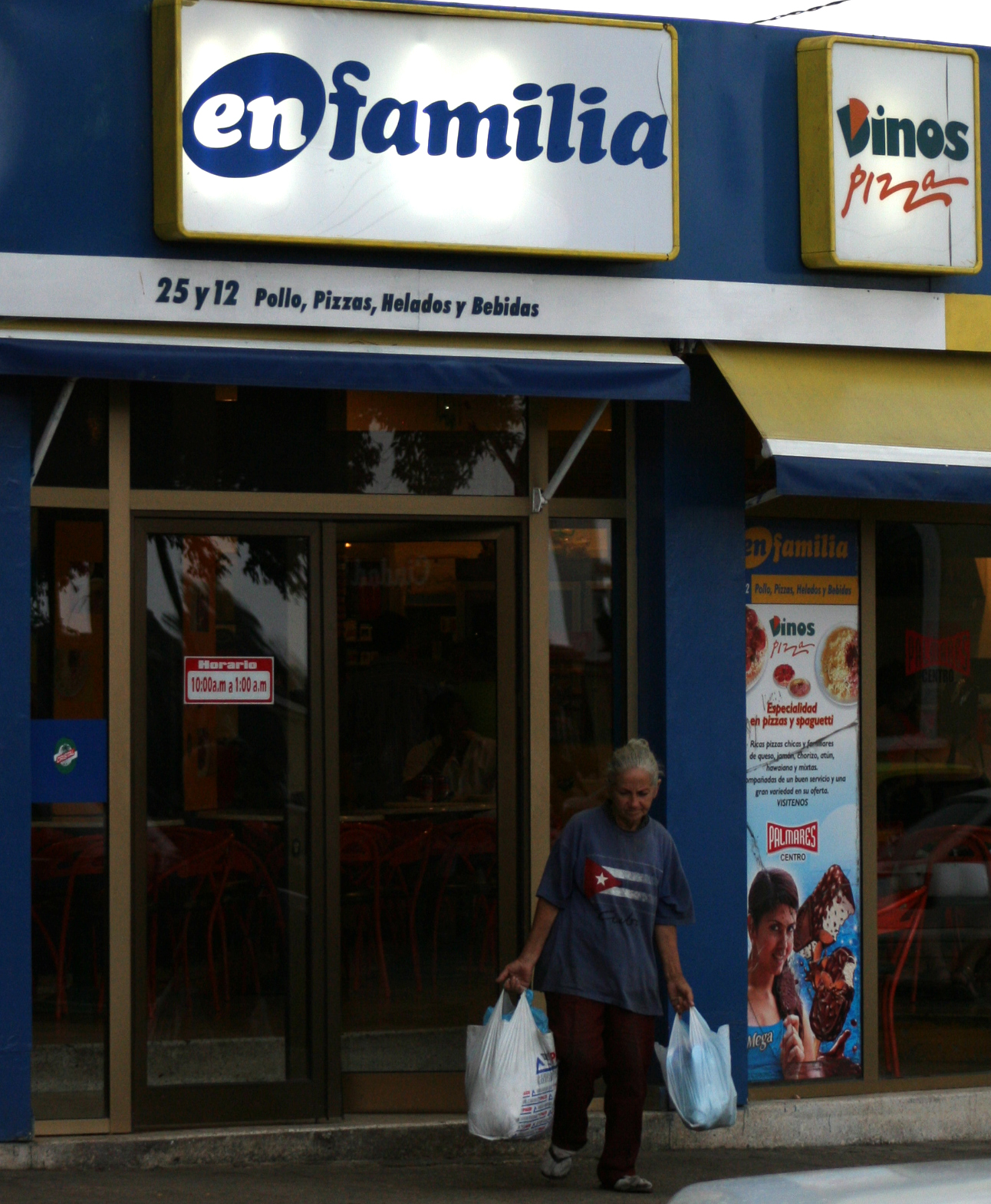All the existing mechanisms to achieve what it means to bring something to the table is more difficult at the moment due to the scarcity of supplies and the increase in the price of basic necessities.
The Covid-19 pandemic has intensified the challenge for the vast majority of Cubans on the island: to figure out what to eat. All the existing mechanisms to achieve what it means to bring something to the table is more difficult at the moment due to the scarcity of supplies and the increase in the price of basic necessities.
Even though the police try to prevent it, groups of people are wandering around the shops from the crack of dawn looking for the last place to stand in the lines, which then turn into small riots when the time comes to open up.

These stores, if they are stocked, offer the products that are in the greatest demand: chicken, packages of sausages, yogurt, butter, oil and others in the convertible currency, the so-called CUC (Cuban convertible peso), or at the exchange rate of 25 Cuban pesos – CUP to 1 CUC.
The people snap up the goods in these shops, where the price a liter of soybean oil costs 50 CUP and the smallest package of chicken thighs costs about 85 CUP, despite the fact that according to official figures, the average salary in Cuba is slightly more of 800 CUP per month. For this reason, they must be getting some support in the form of remittances sent by relatives from abroad or have access to some kind of extra income on the side. One the island this is often simply called the “search.”
However, the pandemic has created a solution for some. Due to the pandemic, the distribution of goods in these places has been regulated, as a general rule, at two units per person with the right to purchase them once a week, so those who have little money to buy both products, and then resell one at a higher price to those who can afford to pay for both and are not willing to wait for hours in one of those lines in which many times there are heated debates or arguments.
Then there is the new option, the dollar stores. They work with a type of debit card where cash from friends or family can be deposited abroad. They are located in central places in the cities and offer a greater variety of quality products at prices that, according to popular opinion, are prohibitive for the vast majority of Cubans. And this is despite the fact that the islanders who receive monetary aid from abroad constitute a minority of the population.
Although all of this coincided with the pandemic, in reality this has been the result of new measures implemented through the government’s economic policies.
For their part, the state-run farmers’ markets offer a variety of products that are unable to satisfy the demand, so long lines are common in these places lines, which on many occasions results in things being in disarray and angry discussions over a few pounds of potatoes, bananas or beans, among other things.
Along the same lines, there are the stalls of private individuals, who try and sell the same products in private markets at a higher price, except for potatoes because their sale is forbidden. However, they are closely monitored and persecuted by state inspectors and by the police themselves.
For everyone at the end of the line, there is the “basic food basket” available through the ration book, which provide a meager amount of products at guaranteed lower prices, so that many poor Cubans on the island can at least have something on the table to eat for one week a month.

Leave a comment